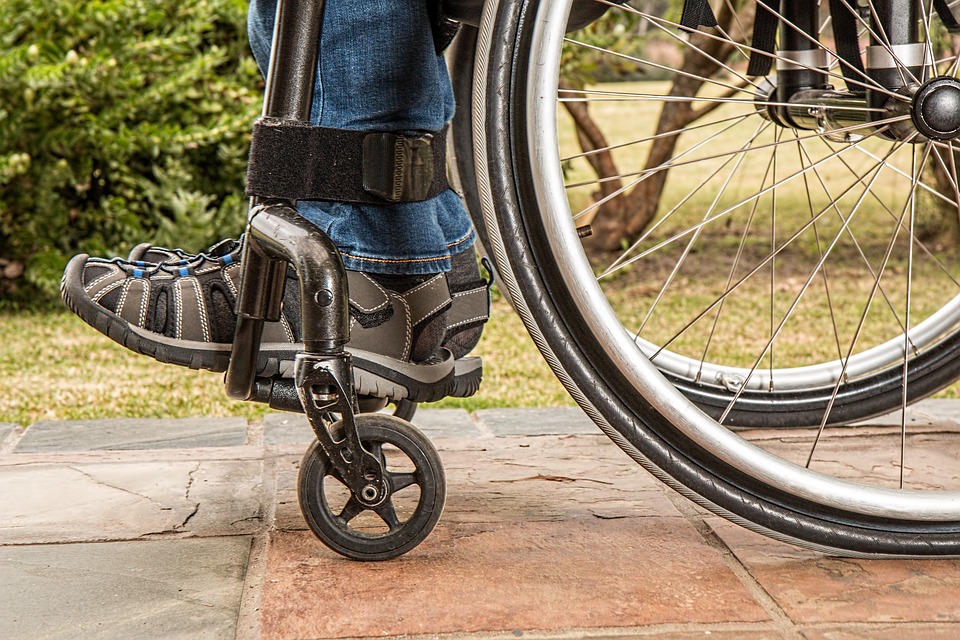When most people think of filing a workers’ compensation claim, they think of major incidents involving slipping, tripping, falling objects, heavy lifting, or machinery accidents. Many serious injuries, however, don’t happen all at once but over time due to repetitive motions that put ongoing stress on the muscles, nerves, and tendons.

(Pixabay / stevepb)
Many jobs require workers to make the same strenuous movements over and over again. Think of grocery store checkers reaching for and scanning products, a delivery worker lifting and dropping off boxes, an office clerk sitting in a chair and typing for extended periods of time, and janitors mopping or vacuuming. Even if a movement doesn’t feel stressful or painful in the moment, when you do it enough, it can put undue stress on the body.
Here are some of the repetitive stress injuries (RSIs) that are most common in the workplace:
Carpal tunnel syndrome. This type of soft tissue injury occurs often on the job and has been linked to working with assembly-line parts or hand-held construction equipment. The carpal tunnel is the passageway that extends down the palm side of the wrist. When nerves in this tunnel get pinched, people feel pain, numbness, or tingling in their arm and hand.
Bursitis. Everybody has bursae—small, fluid-filled sacs that buffer the bones, tendons, and muscles around the body’s joints. Bursitis develops when these sacs become inflamed. When bursitis is present, the joint may swell, ache, and feel painful to the touch. In severe cases, it may lead to crippling joint pain or limit mobility.
Lower back pain. Lumbar strain and other types of lower back injuries are common among workers who do a lot of heavy lifting. If low back pain lasts for more than three months, it is considered chronic. It can be excruciating and keep people from standing up straight, exercising, working, and sleeping.
Rotator cuff syndrome. The shoulder is a ball-and-socket joint that is controlled by a group of four muscles collectively referred to as the rotator cuff. Rotator cuff syndrome is common in workers who do a lot of overhead reaching, such as warehouse workers who are frequently hefting and retrieving items from high shelves. This can lead to mild to severe shoulder pain and also limit the range of motion of your shoulder joint.
Tennis elbow. This condition, formally known as lateral epicondylitis, is common in workers who frequently grip tools and other equipment as part of their job (think, plumbers, painters, and carpenters). It causes pain and weakness that can generate from the elbow to the forearm and wrist.
Can I File a Workers’ Compensation Claim for RSIs?
If you are suffering from repetitive stress injuries caused on the job, you may be eligible to receive workers’ compensation benefits to cover medical bills, lost wages, loss of potential wages, and vocational counseling to modify your work environment so that you can continue your employment without further injury.
One of the challenges faced with workers’ compensation claims for RSI is that they are difficult to prove. Lower back pain, for example, won’t show up on an x-ray or in a lab test. Another challenge is that your employer’s insurance company may try to prove that your injury was pre-existing or that it is not work-related.
One of the most important things you can do is to report your injury to your employer as soon as its symptoms surface. If you wait, you could jeopardize your claim and make it easier for your employer’s insurance to argue that your health problems are not connected to the workplace.
You should also enlist the help of a professional and experienced workers’ compensation attorney. They are familiar with the tactics of big insurance companies and can fight for your rights to get the medical care and compensation that you deserve.
